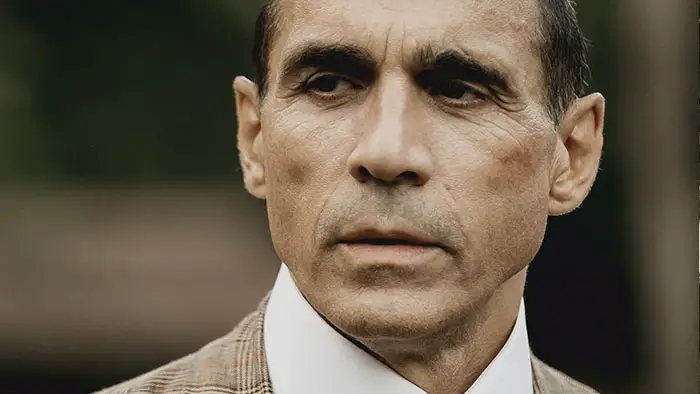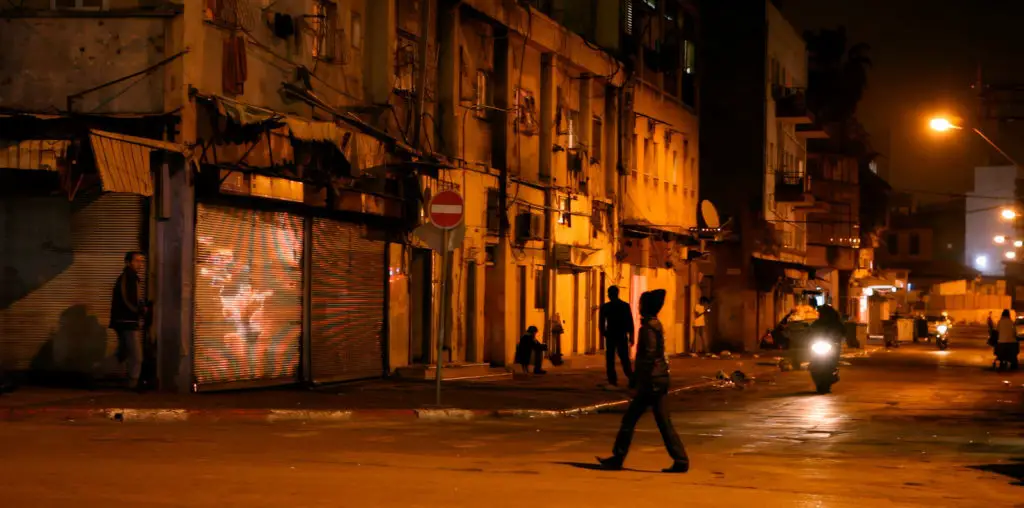
What are some of the challenges you faced during production?
Shockley: A common challenge on any film set is time. We are always battling the clock, needing one more take or one more set up. Battling the weather or unforeseen events that might happen on a given day also presents challenges. Being extremely prepared is a key ingredient for success.
Paul: The biggest challenge for me was being given the Russian text three days before production. When I first got the script, it had almost been literally translated from Russian to English. That means the structure of the verbs and the language were sometimes jumbled. The hardest part was having to sit down with the writers and producers to rewrite the text into English and not lose what the original idea of who Parker, the character I played, was. Once we figured that out, we spoke about the fact that Parker had been in Russia for quite some time and would be able to speak some Russian. So we made it a mix between English and Russian
Camacho: The main challenge was language, of course, but beyond that, there were times where I found it challenging to convey visual ideas and concepts. I was so honored to work with an extremely professional cast and crew who were so passionate about what they were creating, and who more than once rose to the occasion and worked with me to extract the truth in every scene we shot.

“We are always battling the clock, needing one more take or one more set up.”
Can you tell us about some of the more memorable moments on set?
Paul: Playing soccer in film… That was so much fun for me.
Shockley: I had many wonderful experiences on set, but the one moment that really touched me was the day that we wrapped the film. [Executive Producer] Igor Dobrovolsky and his team were there, and they gave me a bouquet of beautiful flowers and a bottle of fine Russian Vodka. I shared emotional farewells with all of the crew members and actors. After several weeks of working together, we had developed a warm bond. The sentiment was so sincere and loving, and it brought tears to my eyes.
Camacho: I don’t know about you guys, but personally, my most memorable moment – or moments – was every morning, when I would show up to set and shake hands, hug, high-five and greet every cast and crew member with a “Dobre Utra” (Good Morning). I would say it with a Bela Lugosi “Dracula” accent.
Can you talk a little bit about your characters, Parker and Jones? What appealed to you about those men?
Paul: I liked the fact that Parker was unscrupulous, not to the point that he was evil, but he did things to survive. The fact that he had traveled to Russia was not lost on me. The thing I questioned was, “why?” He was obviously either running from something or was an adventurer. Whichever it was, he wasn’t someone without a purpose. He was always ready to come up with a scheme that kept him and his “wife” moving forward. He was also very aware of the character of people, testing how far he could go before he overstepped his bounds. That said, I think, occasionally, he bit off a little more than he could chew.
Shockley: I loved playing Jones. He’s such a complex character. He’s British, which was a joy to play, as I am American. I love doing accents in films so that in itself was a challenge that I embraced. And the past life of Jones was interesting. A former soccer player from England now living in Moscow, tasked with the challenge of teaching and coaching a group of untrained Russian men how to play the game. Jones has a rough exterior, hiding his tender emotions. He’s a hard-drinking man drowning his sorrows and pains, yet unbeknownst to him, he soon finds solace and friendship in the Russian men that he initially did not want to be around.
Camacho: Parker was a character steeped in survival. He would do whatever it took to survive even when it came to selling out. Jones was a disillusioned soul, searching for life and a purpose to live.
How will this film resonate with U.S. audiences?
Camacho: I really believe that it will definitely resonate with not just a US audience, but a global audience because the themes are so universal. It is both a historical piece and human drama that we can all relate to.
Shockley: I think Wild League will resonate very well with U.S. audiences. The story is so wonderful, and the backdrop of Russia in 1909 is exquisite. A journey of overcoming all odds, defending the truth, protecting love at all cost, and digging deep into your heart and soul to do whatever it takes to succeed – these are universal themes that everyone embraces.
Paul: Not sure. American audiences are not ones for subtitles, but the scenery is beautifully shot. The acting is pretty good, and the “true story” angle is very much one people seem to like.

